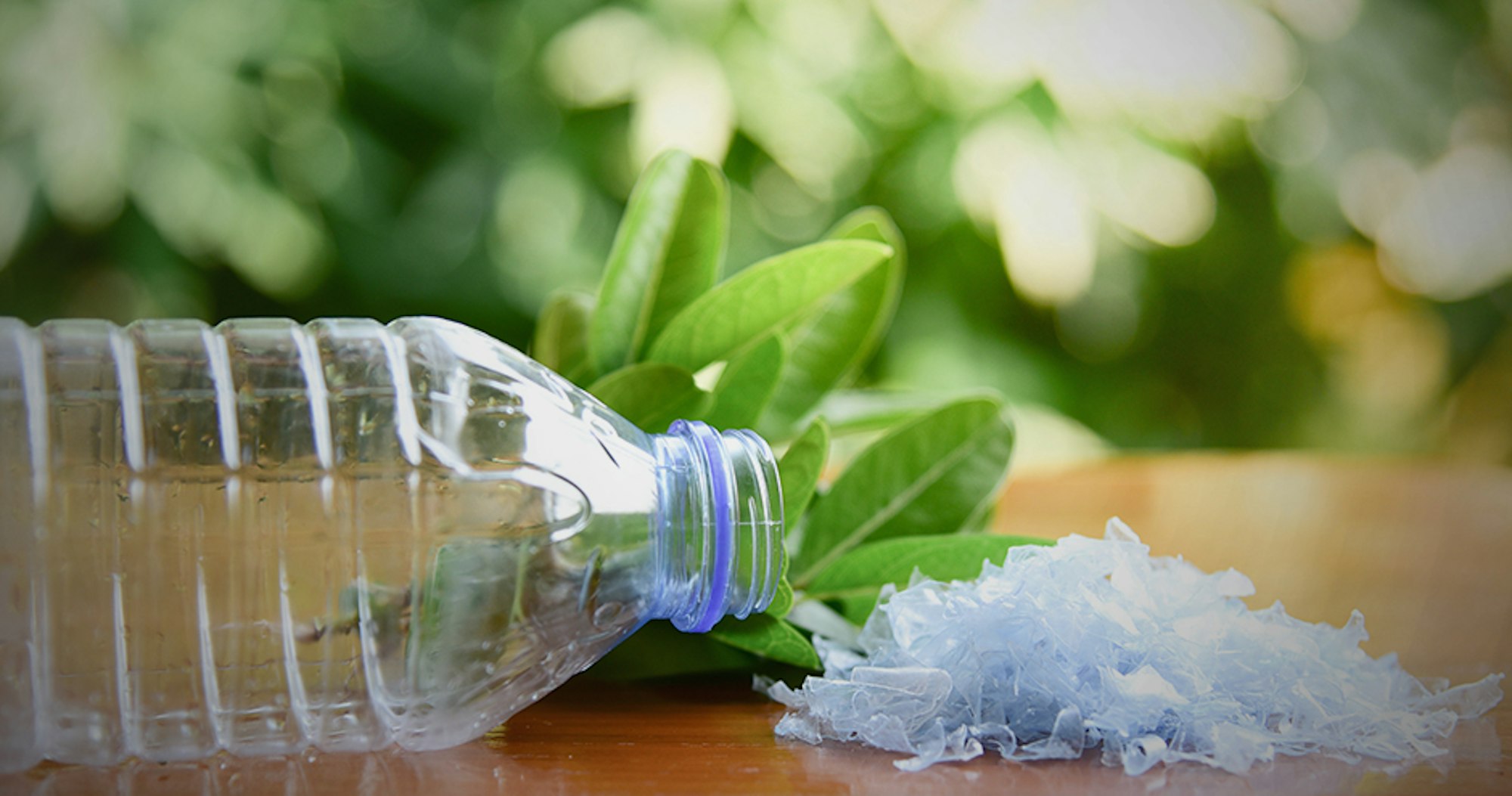Recycling plastics in Romania
Help reduce emissions and boost the Romanian economy by turning plastic bottles into raw material
Climate impact
Reduction
Solution
Industry
Location
Romania
Evaluation
Gold Standard

ABOUT
Learn more about the
project
Plastic pollution is a huge problem globally. By supporting this project you’ll help reduce plastic waste in Romania and build a circular economy, while reducing carbon emissions and keeping disadvantaged people in employment.
The production of 1 ton of plastic PET resin creates 5 times more CO2 emissions when it’s produced from virgin materials compared to recycled materials. In Romania, 60,000 tons of PET waste is collected each year, but only 14% gets recycled. This is much lower than the European Circular Economy Package target recycling rate of 75%.
Green Tech is one of the largest PET plastic recyclers in Europe, turning plastic bottles into raw materials which can be used to create a wide range of products, from healthcare to construction. This project’s main objective is to increase the recycling rate in Romania and divert plastic waste from landfills.
This project reduces waste, energy use, and greenhouse gas emissions - an estimated 453,800 tons of CO2 will be avoided over 10 years. The project will also benefit the local people and economy. Green Tech is the largest employer in the city of Buzau, with 1,300 employees, many from disadvantaged backgrounds. The project also has a focus on promoting gender equality, and has hired many women for managerial positions. And by extending recycling capacities into the Eastern and Central Europe region, the project helps achieve EU recycling targets.
Greentech
Romania • https://www.green-group-europe.com/en
ASSESSMENT
Everything about this project at a glance.
Climate impact
Reduction
How to read this
Our atmosphere is like a bathtub, which we have been filling for decades with greenhouse gasses. Each ton of CO2e in the tub increases the global temperature and affects the climate.
In order to prevent our bathtub from spilling - which would mean reaching a +2°C temperature increase - 3 types of actions exist:
●
Reduction: These projects reduce emissions, closing the tap and slowing down the filling of the tub (e.g. switching to more efficient fuels)
●
Avoidance: These projects preventing future emissions, stopping a new tap from being opened (e.g. protecting forests and peatlands so that they don’t start releasing CO2)
●
Removal: These projects remove and capture greenhouse gasses, emptying the bathtub (e.g. reforestation and direct air capture technology)
Solution
Industry
How to read this
Solutions are different ways we can reduce, avoid and remove our emissions. They vary in terms of cost, level of maturity, potential to scale, and other factors. To make comparisons easier, Sweep groups solutions into categories such as Forests, Geoengineering or Buildings. Climate solutions are numerous: to learn more about what can be done, explore our catalog.
Location
Romania
How to read this
Solutions can be deployed in a large range of locations, from a micro-regions to entire sections of a continent. You might want to focus your contributions on specific areas to maximize local socioeconomic impacts or contribute where your activities are based.
Evaluation
Certified • Gold Standard
How to read this
Various international and regional standards rely on established methodologies, dedicated processes and third-party verifications to guarantee that a project delivers on its promises.
●
Certified: Standards, such as Gold Standard or Verra, are listed for maximal transparency
●
Not certified yet: The process to be certified is expensive and cumbersome, and ad-hoc methodologies might not exist for specific projects, preventing them from being certified. Sweep promotes other projects after a necessary due diligence, bringing more projects to a wider audience while also offering opportunities to develop and tailor new projects according to your own needs.
Capacity
58kt
How to read this
Capacity is the projected volume of tCO2e reduced or removed during the crediting period. This indicates the projected net impact of a project after adjusting for potential negative impacts and other externalities. This is key to assessing the current scale of a project and can give a quick estimate of what the considered volumes represent at the project scale.
Capacity does not reflect the available quantity of credits as some of them can already be sold.
Crediting Period
2012 - 2027
How to read this
Certified projects are eligible to generate carbon credits over a certain period of time. This crediting period gives a good estimate of the progress of a project.
●
Older crediting periods means that projects have delivered their promises and that third-party auditors have recognized the climate impact
●
Crediting periods covering coming years may have already been audited for a fraction of the volumes. The rest will be generated along future audits.
Co-benefits
8 SDGs
8 SDGs
SDG 3: Good Health and Well-being
47 new health workforce recruited per year
SDG 4: Quality Education
1623 children and students were trained on recycling in 2019
SDG 5: Gender Equality
38% female employees in total employees and 64.5% female employees in management positions in 2019
SDG 8: Decent Work and Economic Growth
The project employs around 1200 people, making it the biggest employer in the city of Buzau, made of severely disadvantaged areas
SDG 11: Sustainable Cities and Communities
Nearly 100,000 tons of used plastic, mainly PET bottles are recycled every year and kept away from the municipal landfill. Green Tech project recycles around 1.95 billion plastic bottles every year.
SDG 12: Responsible Consumption and Production
Each year, Green Tech produces around 65,000 tons of recycled PET flakes, which are used to manufacture recycled end products, such as PET staple and synthetic polyester fiber.
SDG 13: Climate Action
Through its plastic recycling activities, Green Tech projects prevents 60,000 tCO2 emissions every year
SDG 17: Partnerships for the Goals
We built partnerships in order to create circular cities, improve recycling and collection rates
How to read this
Projects often have positive side effects beyond reducing, removing, or avoiding emissions. For example, projects might reduce waste, protect biodiversity, or support indigenous people. These co-benefits are modelled after the UN Sustainable Development Goals (UN SDGs).
Durability
N/A
How to read this
Durability only applies to to removal solutions. It indicates for how long the carbon will be removed from the atmosphere - the longer this is the more desirable. For example, storing carbon as mineral underground is more durable than in a tree, making it a less risky and longer term solution.
Financial additionality
Low
How to read this
Additionality reveals the impact of your financial support. It indicates what percentage of the global project budget is coming from contributions.
●
High additionality means most of the project revenue relies on contributions, and they would likely not be able to happen without this financing.
●
Low additionality projects are less reliant on contributions.
●
Other additionality criteria, such as policy or regulatory additionality, are tackled through certifications and not assessed here
Barriers
Medium
The total project barrier score is available when all types of barrier are provided. It is a composite score based on the 5 barriers assessed.
Technical
Financial
Social
Political
Economical
Our plastic recycling project has to overcome the following hurdles: 1. Economic barrier: Medium - we are doing business in an emergent recycling economic sector where there is no enforcement of the legislation regarding the collection system. 2. Social barrier: High - lacking skills of low to medium level skilled employees from the local community due to migration to EU developed countries. 3. Institutional barrier: Medium political risk associated where state institutions overlap in their duties and low control and enforcement of applicable legislation. Greentech recycles around 50%-60% PET waste of Romanian origin, the rest is sourced mainly from other European countries’ imports, which proves also the poor collection system in Romania, which cannot meet the EU targets. 4. Technological barrier: High to Medium - when we started the project in 2012, our technology was first of its kind in Romania and it proved to be a very good solution for the recycling activities 5. Financial barrier. Although the carbon revenues sales represent less than 10% from the total revenues of GreenTech, carbon revenues are a necessary condition for the development of the company, but carbon sales alone cannot be sufficient to sustain the plastic recycling activities of GreenTech. The project continuity is also linked to different types of loans, factoring and leasing finance.
How to read this
Barriers are the different hurdles a project might need to overcome. Barriers can give you a sense for the challenges a project faces, but also how it can add deeper value and create change. We differentiate five types of barriers: economic, social, institutional, technical and financial.
Create your portfolio to get started
Our carbon team will help you tailor your portfolio based on your preferences.
Track, report and act
Sweep helps you get your carbon on-track
Sign up to The Cleanup, our monthly climate newsletter

© Sweep 2023